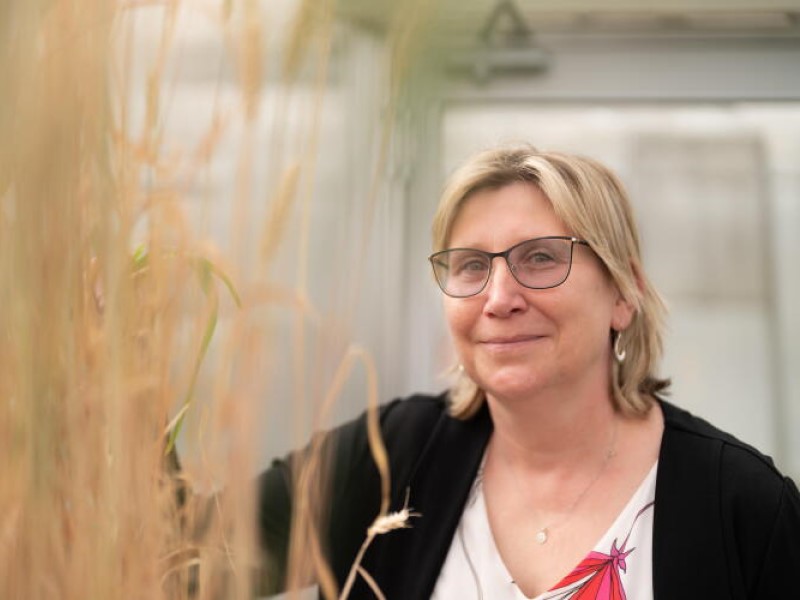Universities in NSW, Victoria, Queensland and South Australia have secured $62.4 million in federal funding for 13 new research hubs and training centres focused on strategic national priorities, including low-emissions energy, advanced manufacturing and critical minerals.
The Australian Research Council awarded $62.4 million in grants to six new Industrial Transformation Research Hubs and seven new Industrial Transformation Training Centres through its Industrial Transformation Research Program on Tuesday.
Cash and in-kind support, worth $57.6 million and $45.2 million, has also been sourced for the research hubs and training centres, respectively, from dozens of partner organisations, including corporates and government agencies.

The funding will support collaborative research projects and industry-engaged higher degree and postdoctoral training, with a focus on addressing significant industry-identified priorities, from renewable and low emissions technologies to value-adding in the agricultural sector.
The ARC released a jurisdictional summary of funding allocations. Victoria led the national totals, securing the highest share of approved grants at $28.5 million, followed by New South Wales at $15 million, Queensland at $13.7 million and South Australia at $5 million.
University of Technology Sydney, the University of NSW, Flinders University, the University of Sydney, the Queensland University of Technology and the University of Melbourne secured the maximum grant amount of $5 million each.
ARC chief executive officer Professor Ute Roessner said the new training centres and research hubs will “cultivate the next generation of industry-focused researchers to address current and emerging challenges.”
“Their work will support innovation, strengthen Australia’s research capability and boost productivity across key sectors,” she said.
According to the ARC, the grants are designed to “deliver a wide range of practical outcomes, from developing reliable sensors and smart algorithms that can monitor Australians’ health while safeguarding their data, to transforming how soil and crops are managed in Australian agriculture”.
Do you know more? Contact James Riley via Email.
